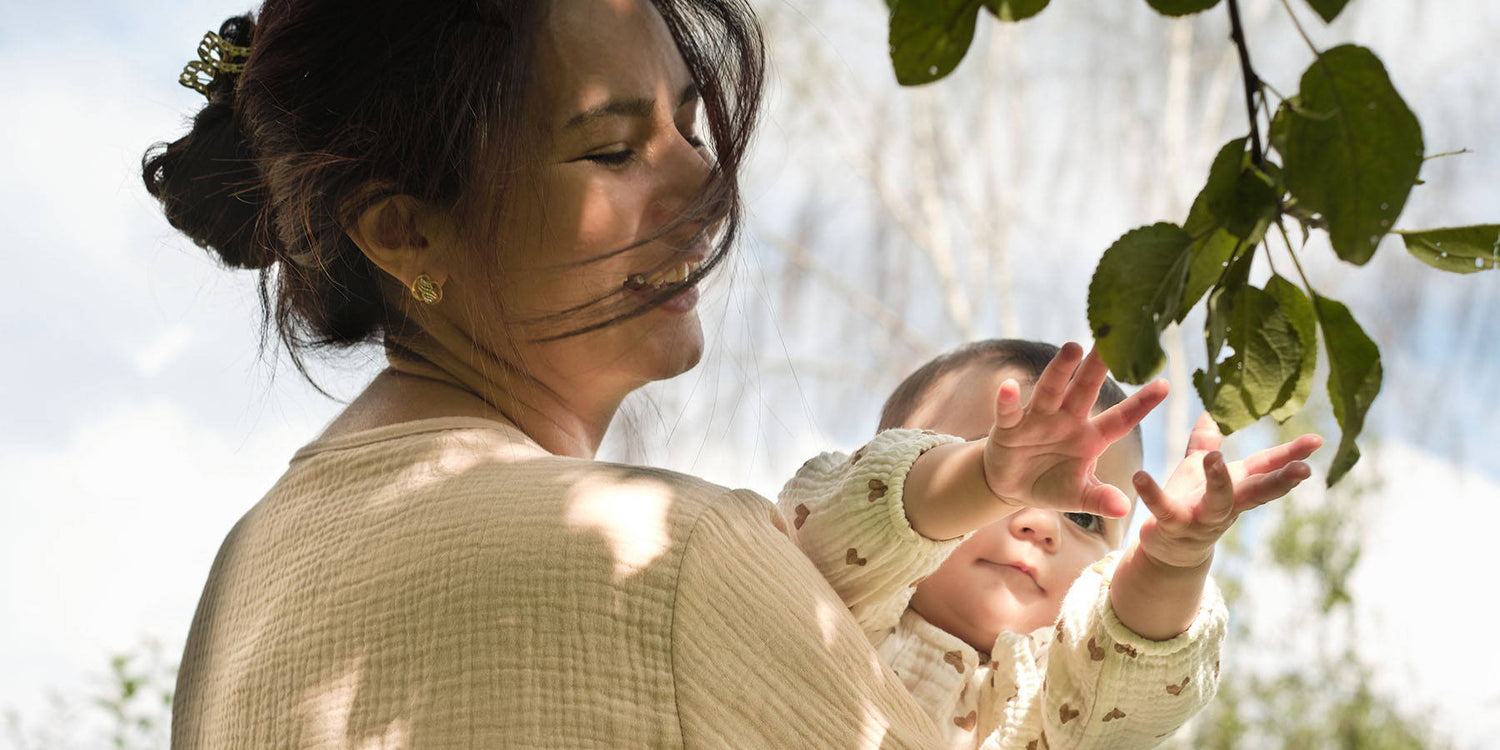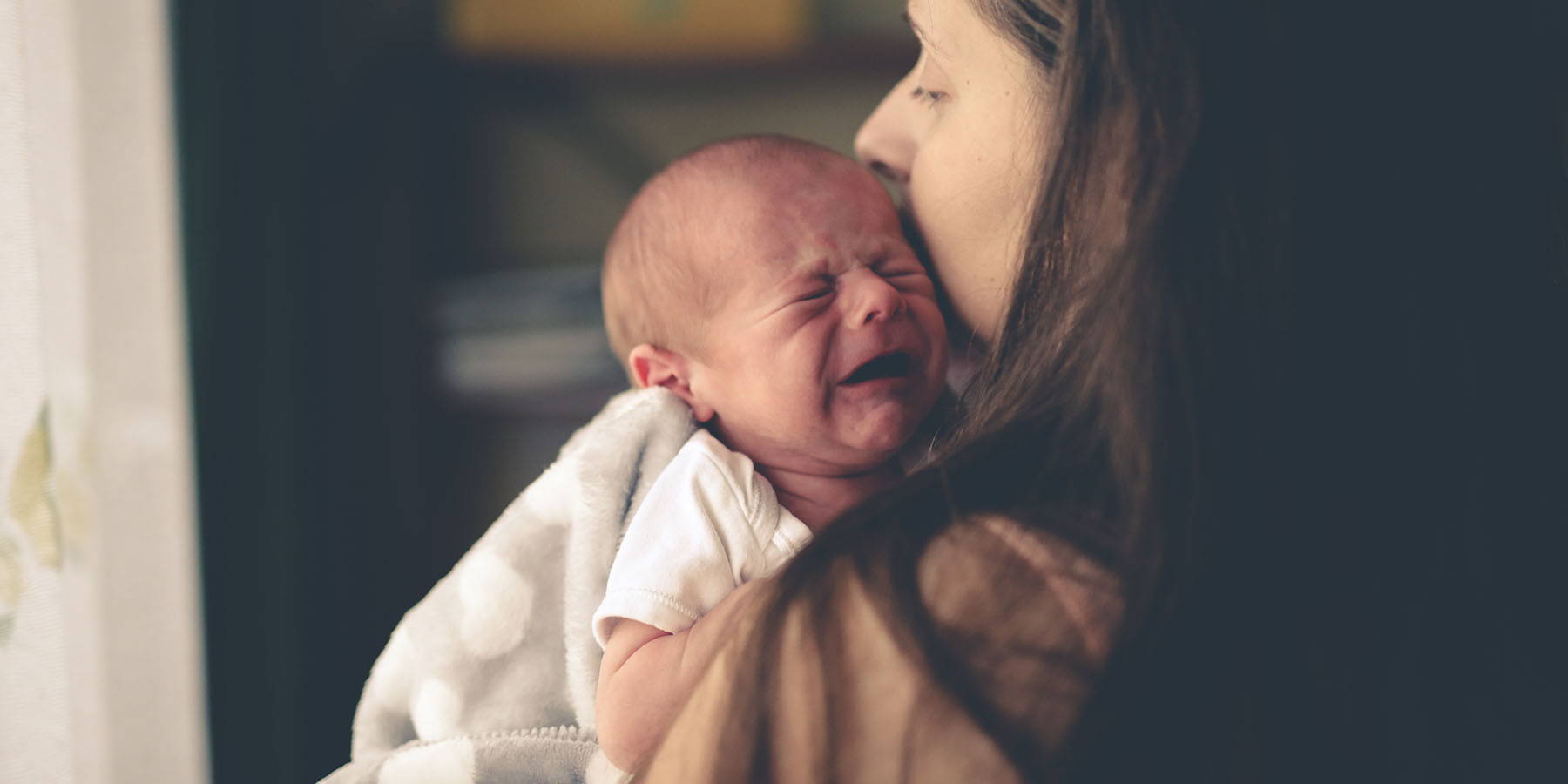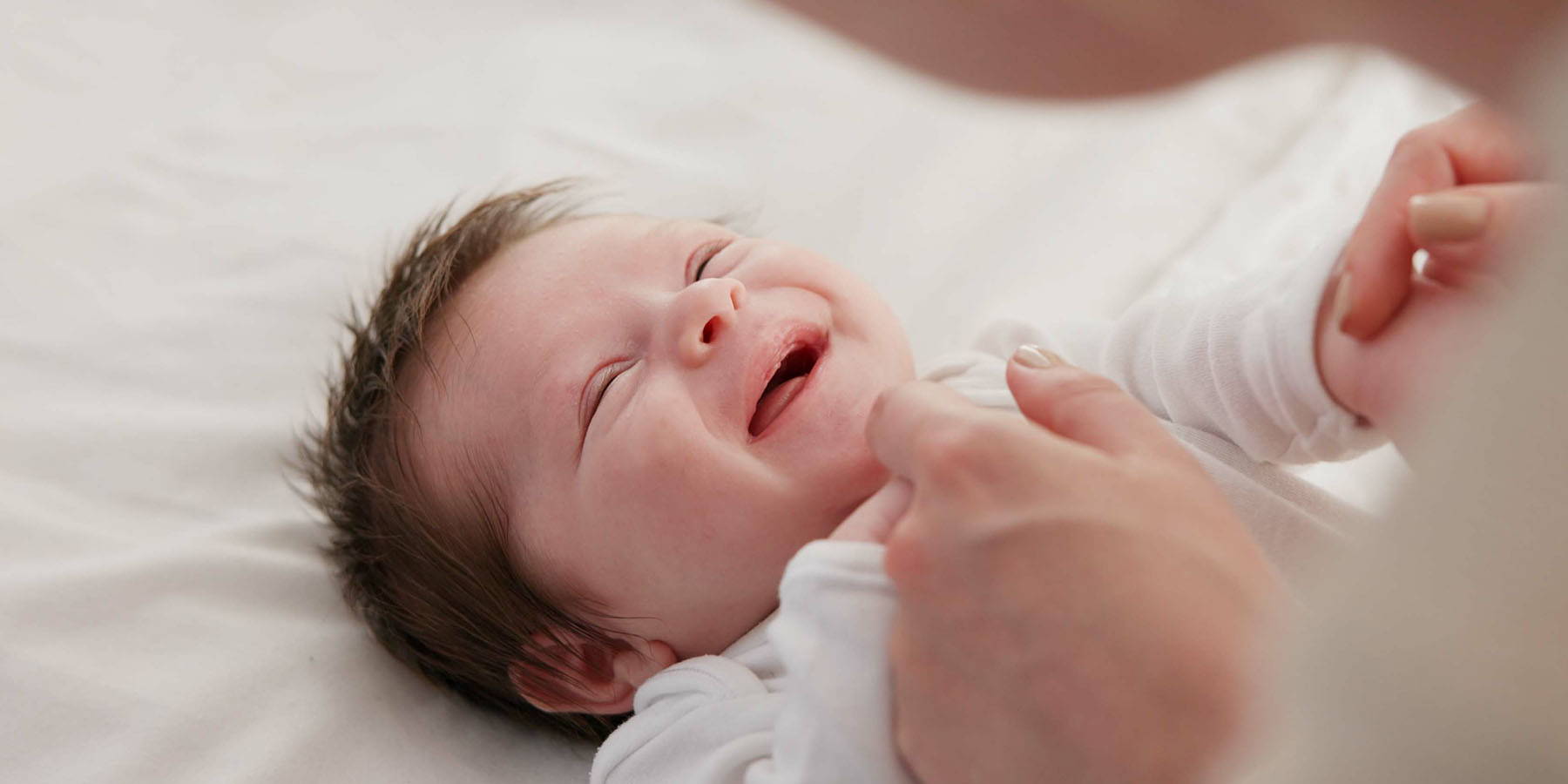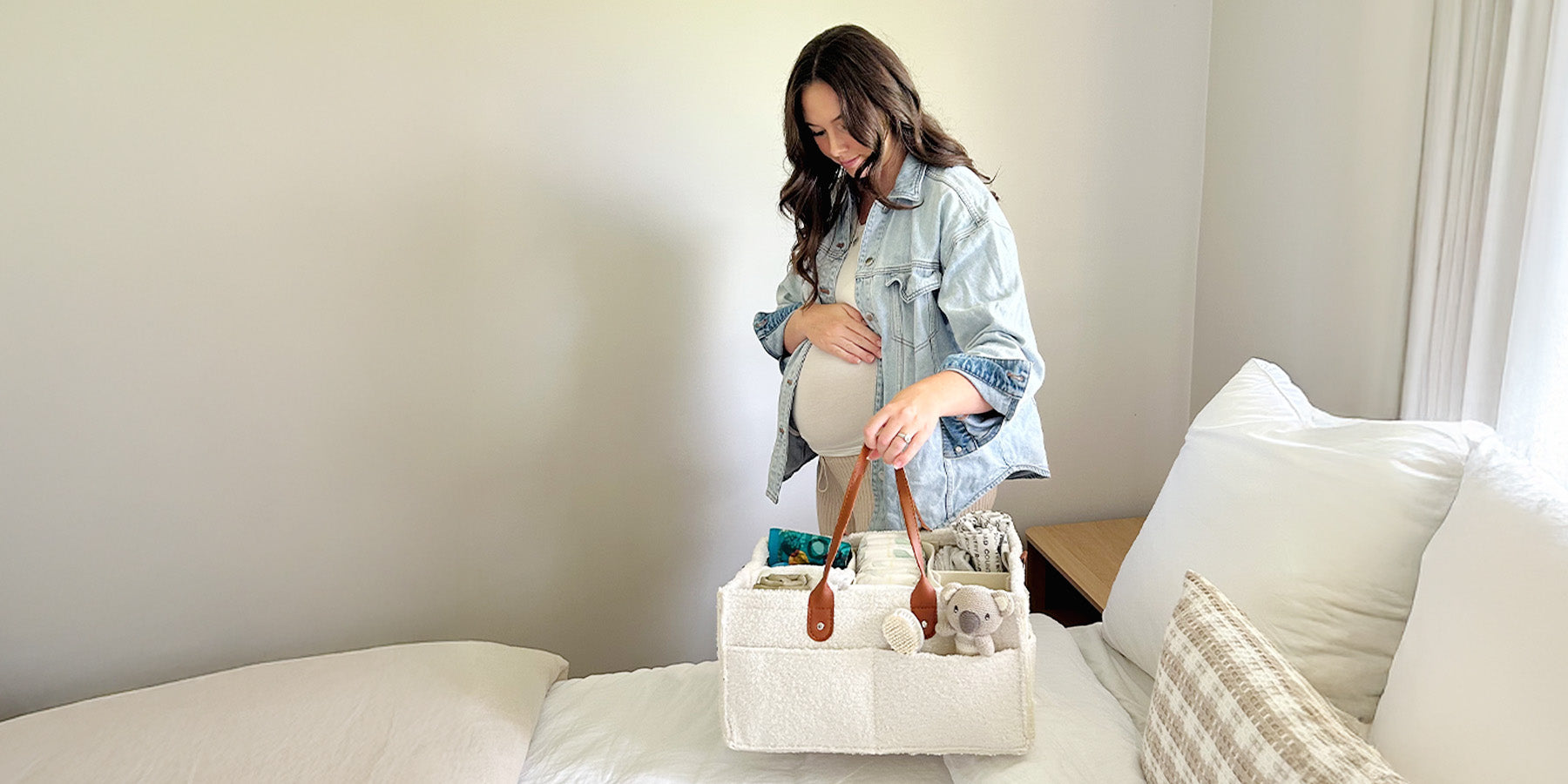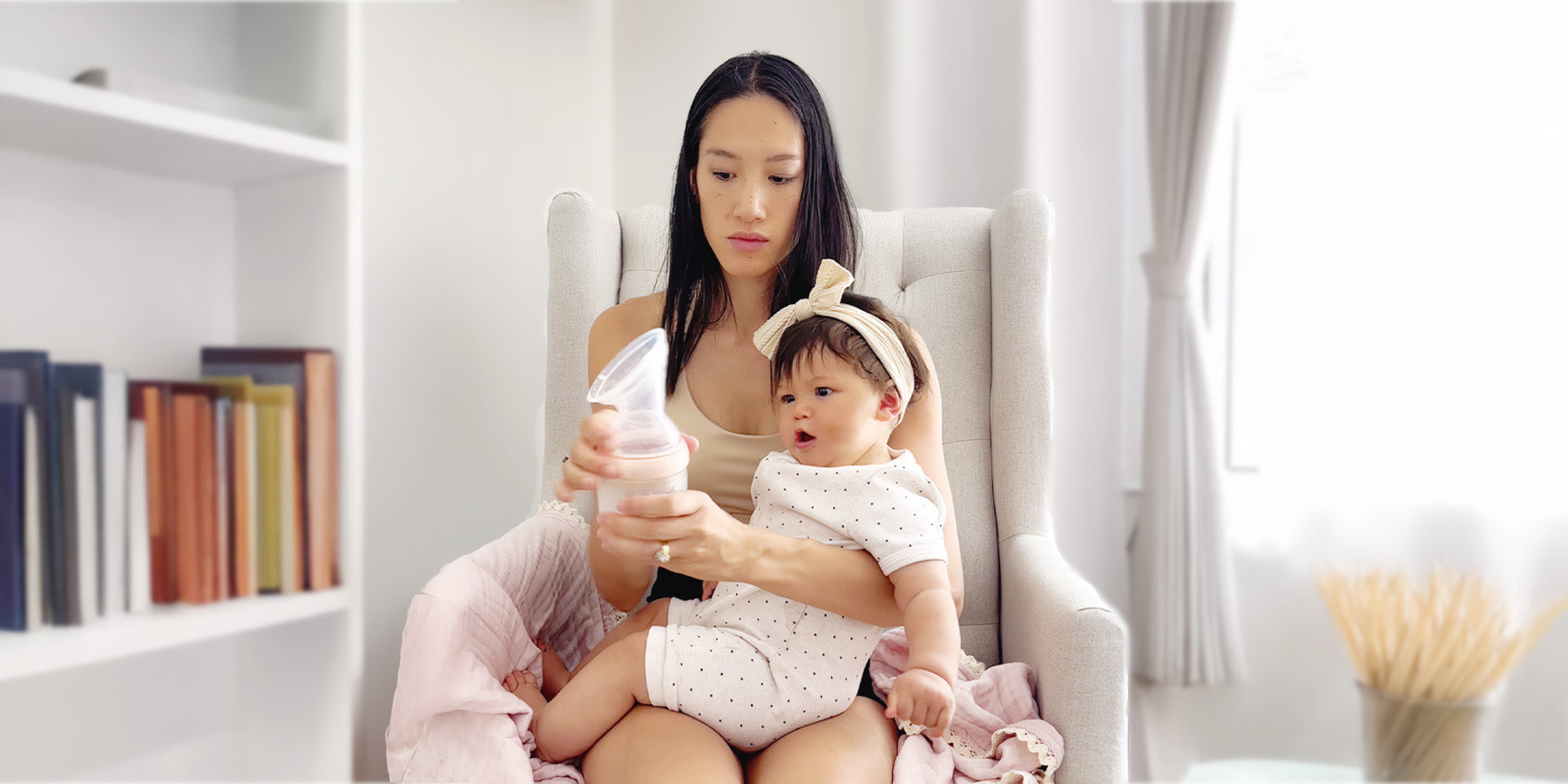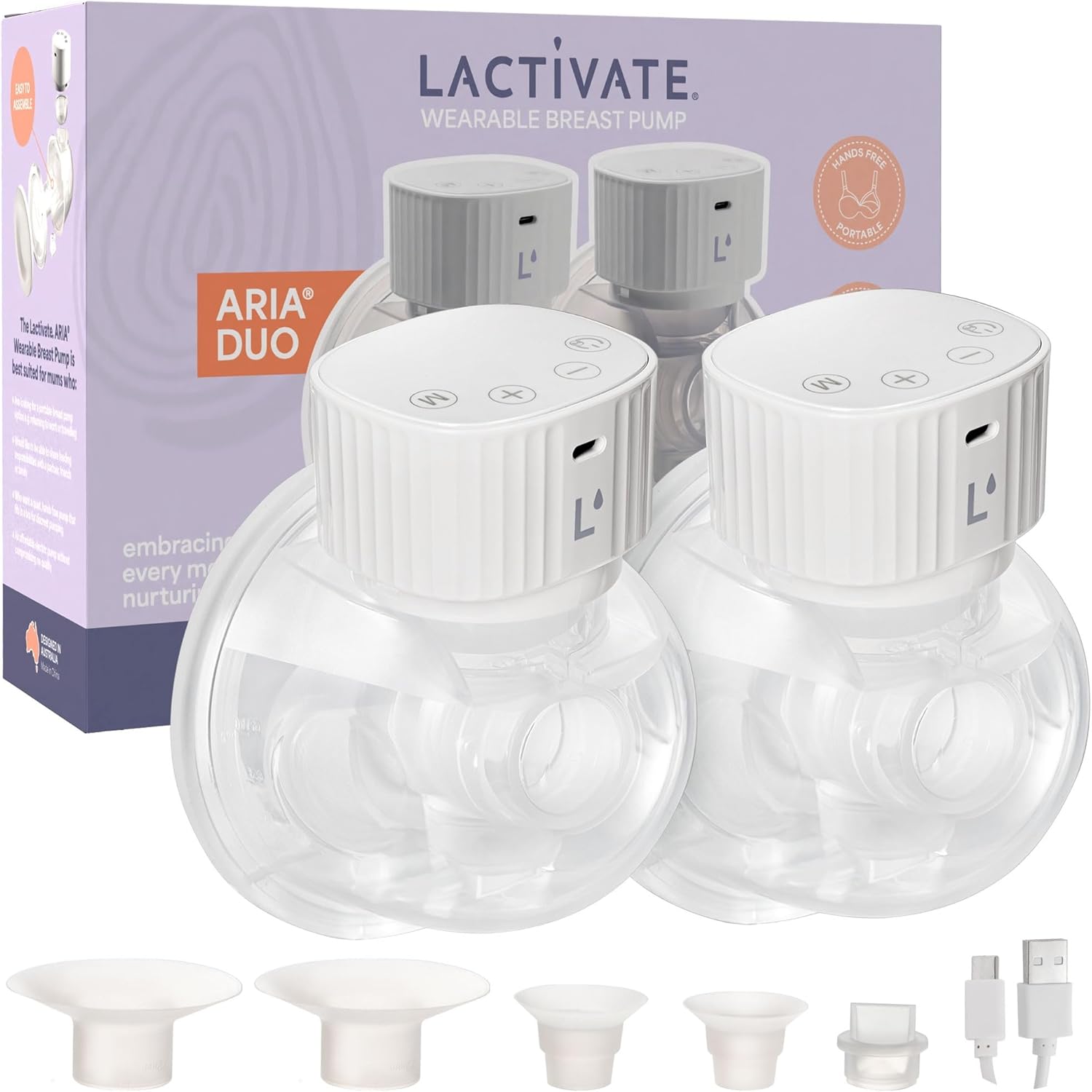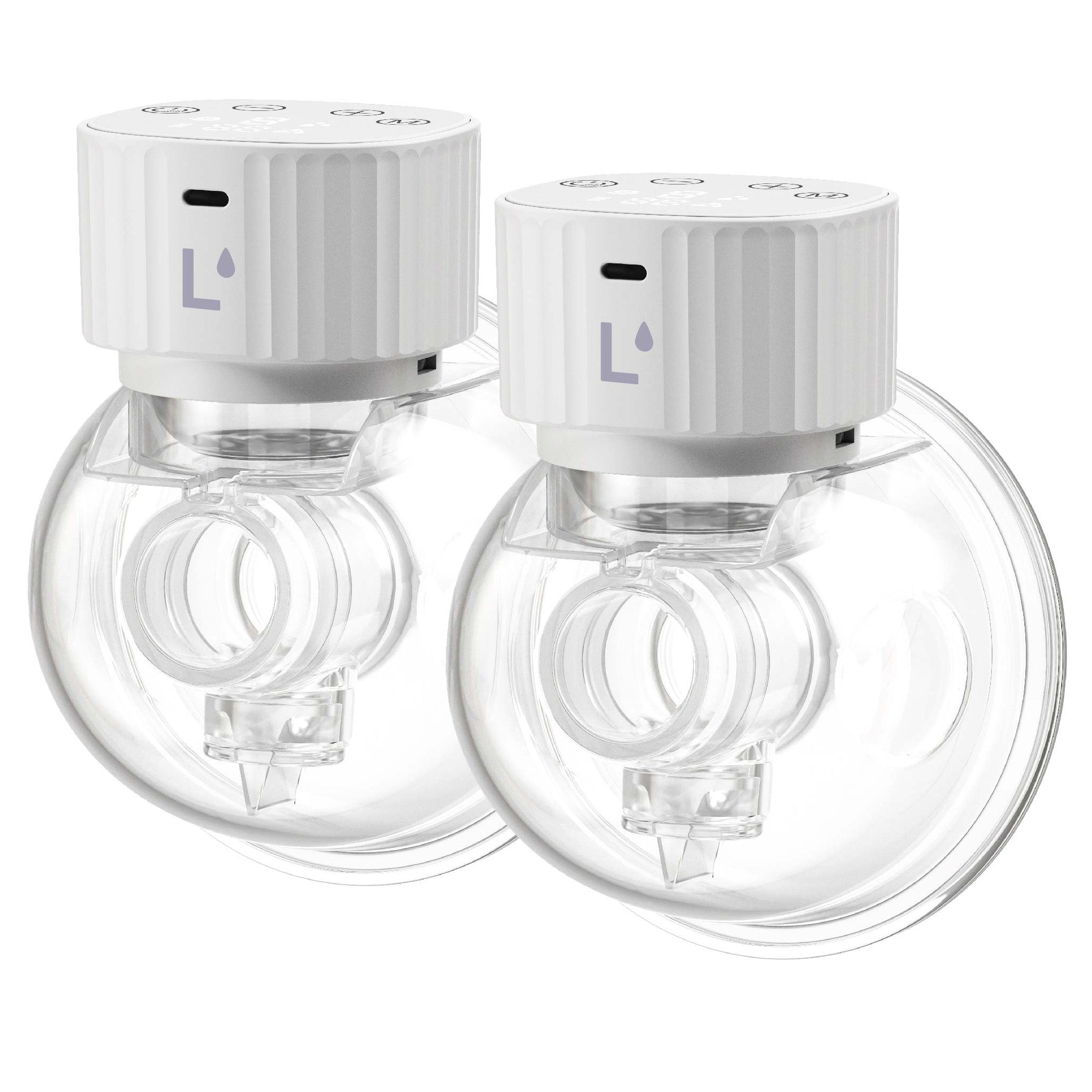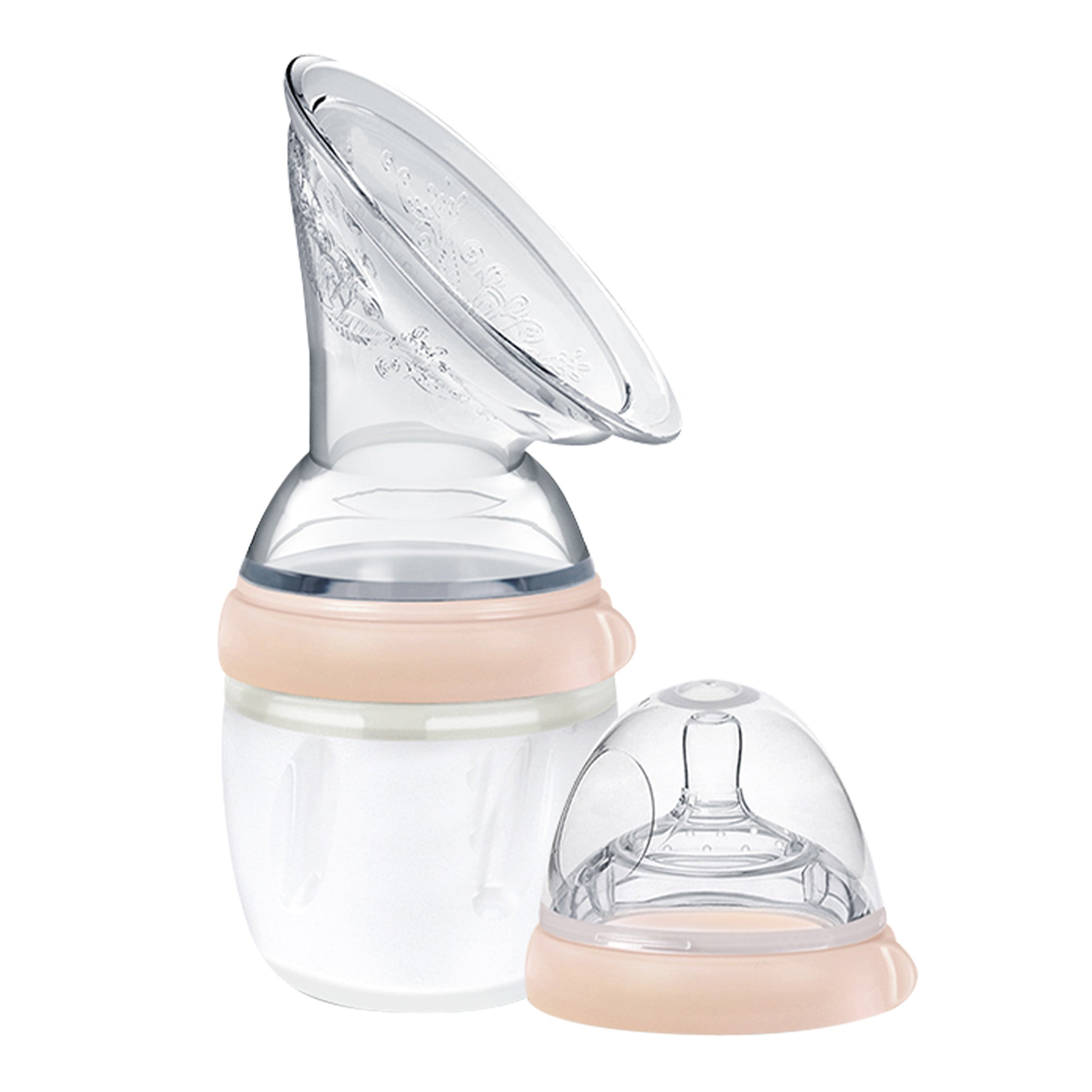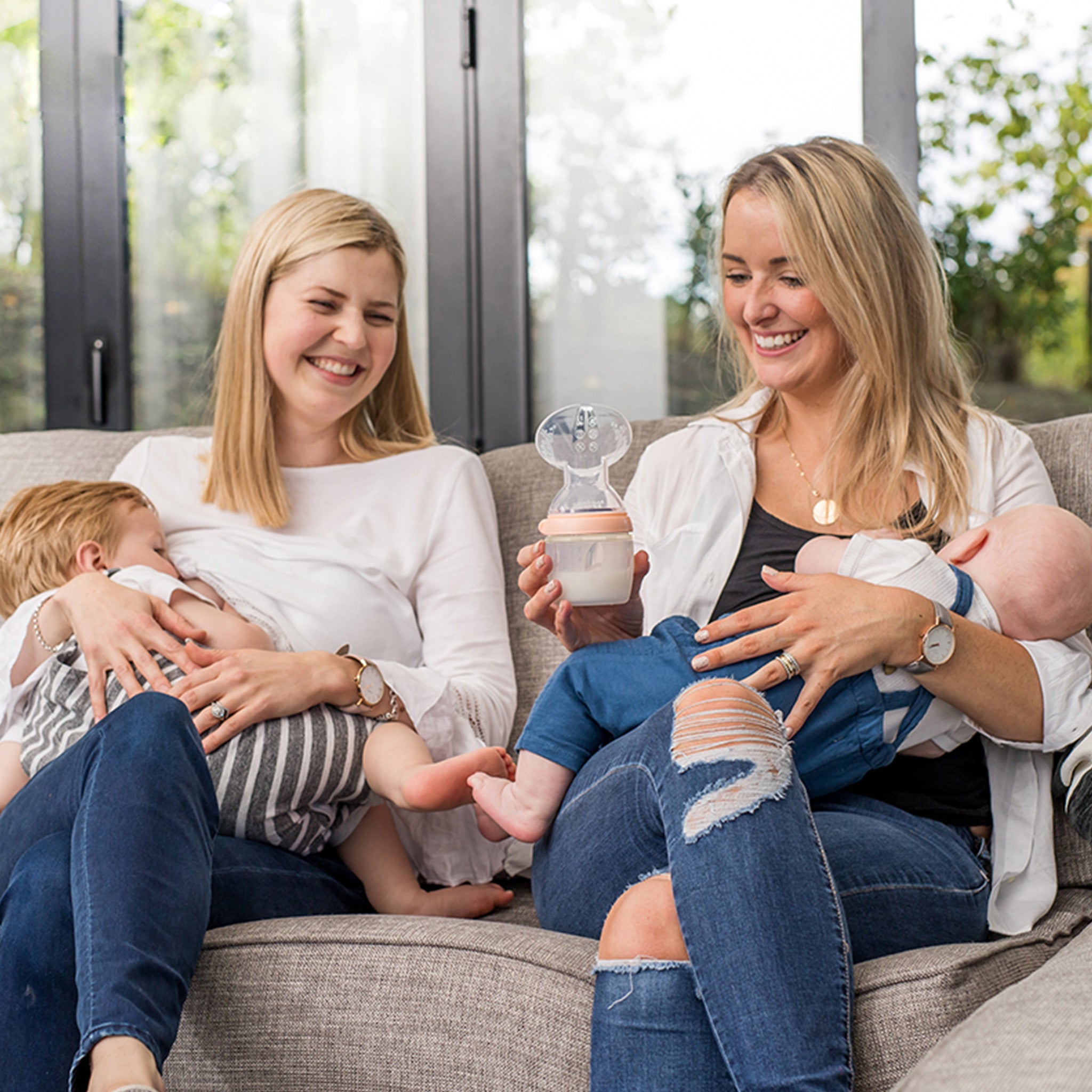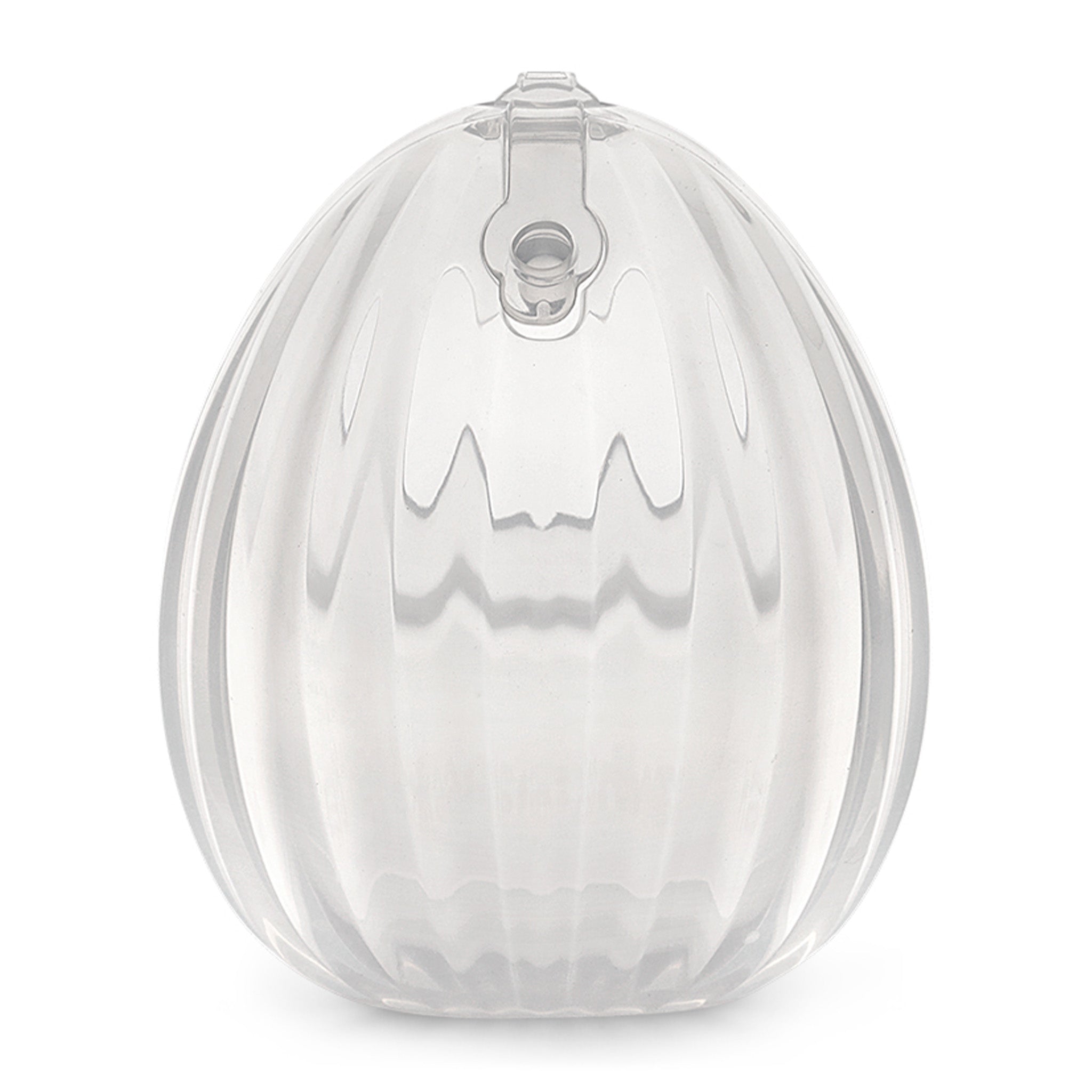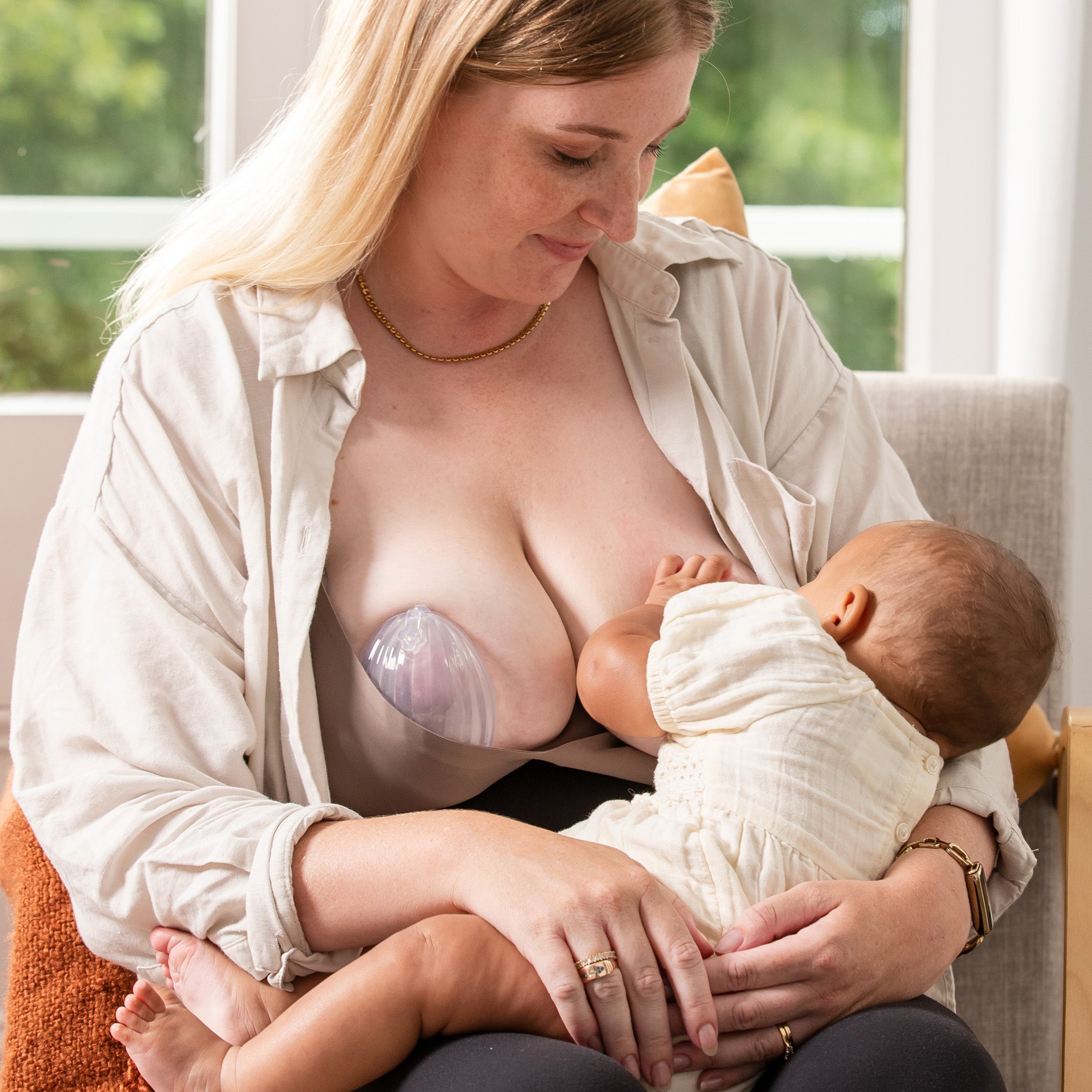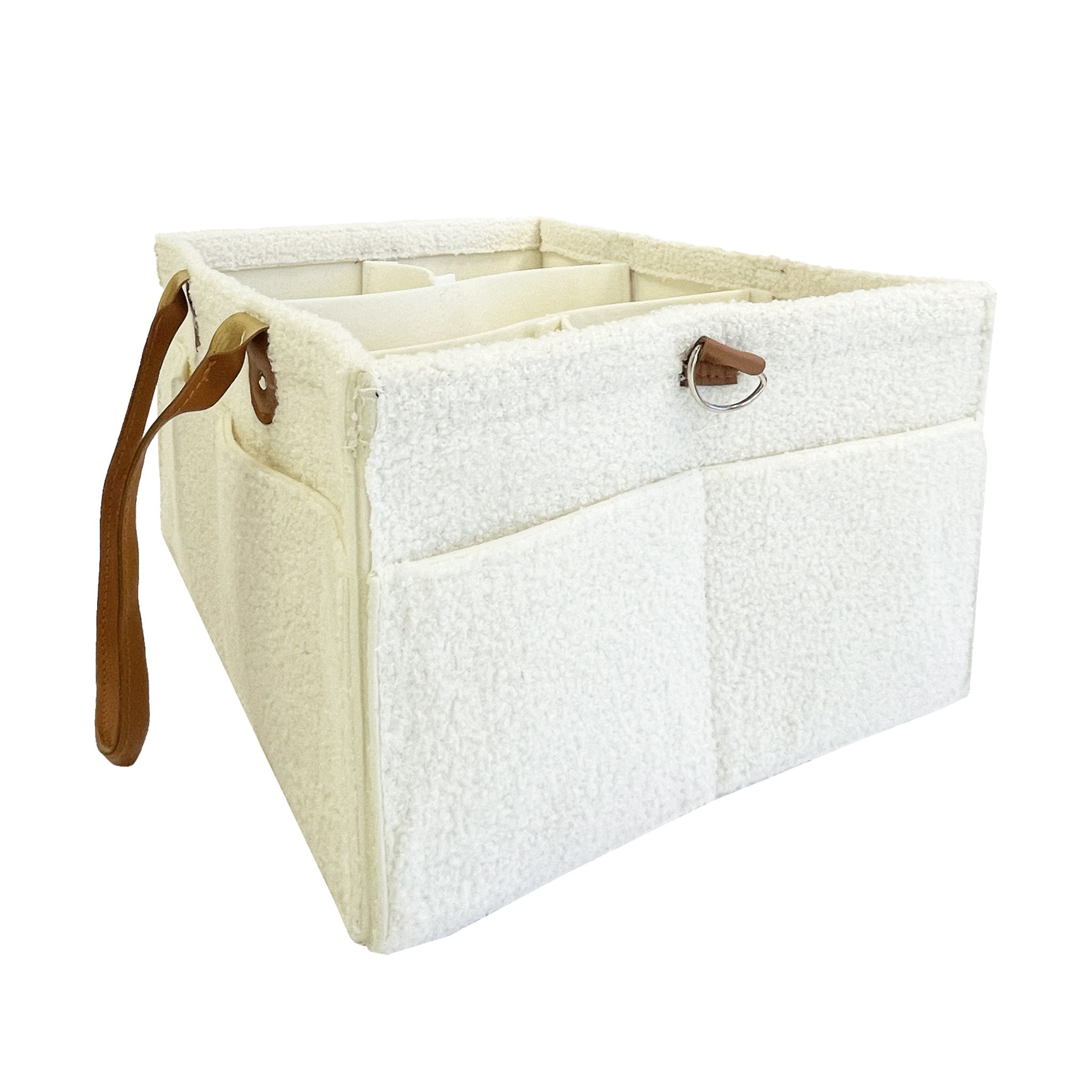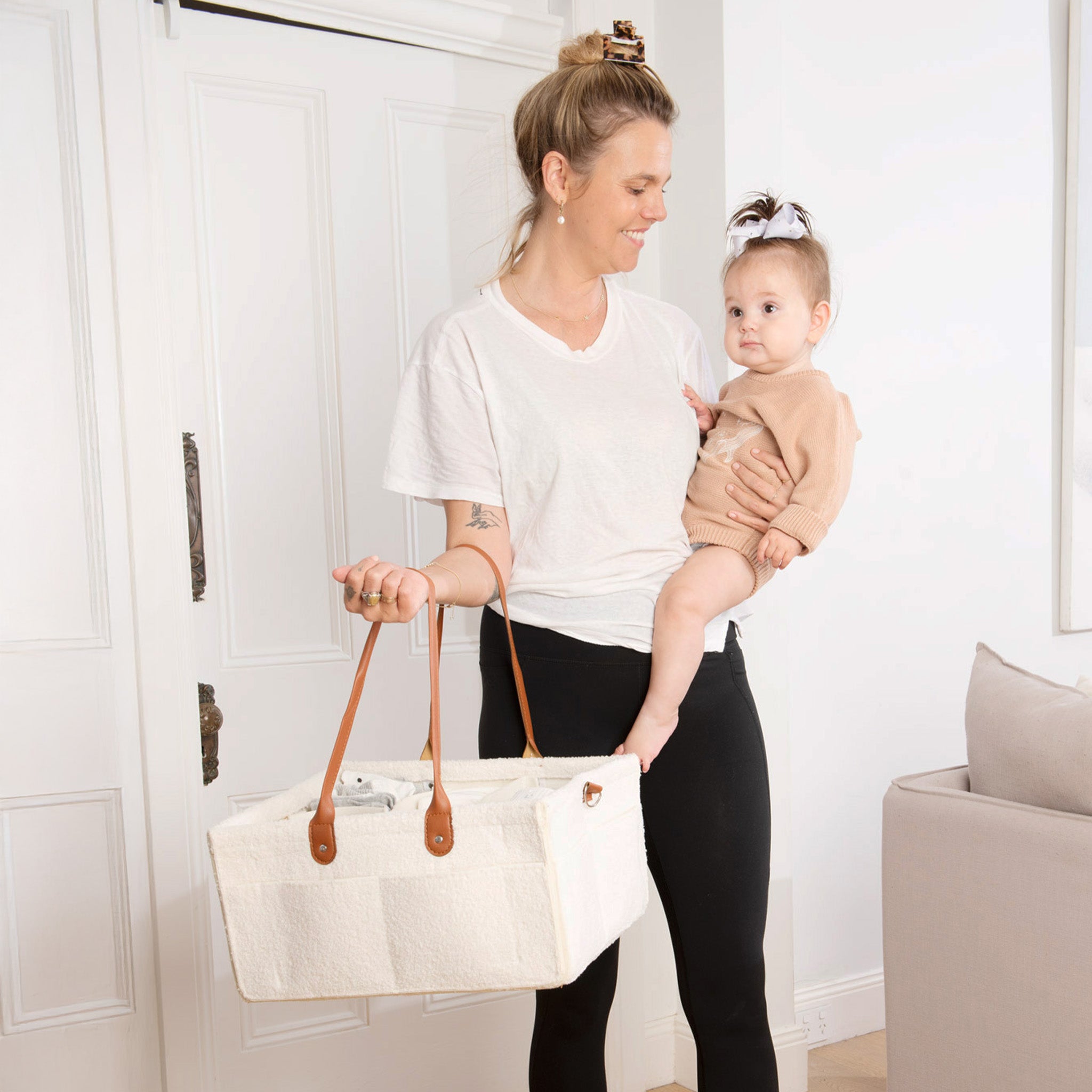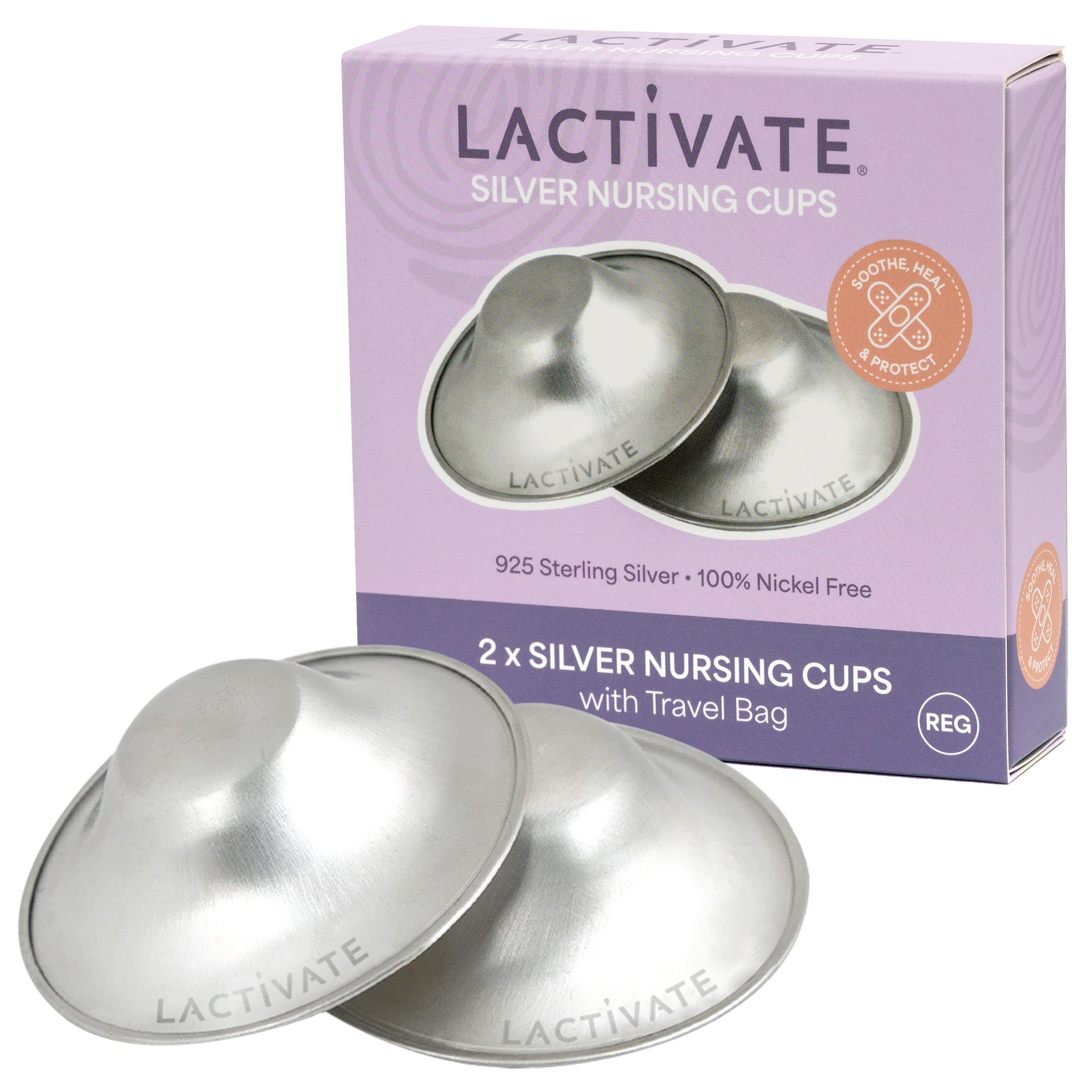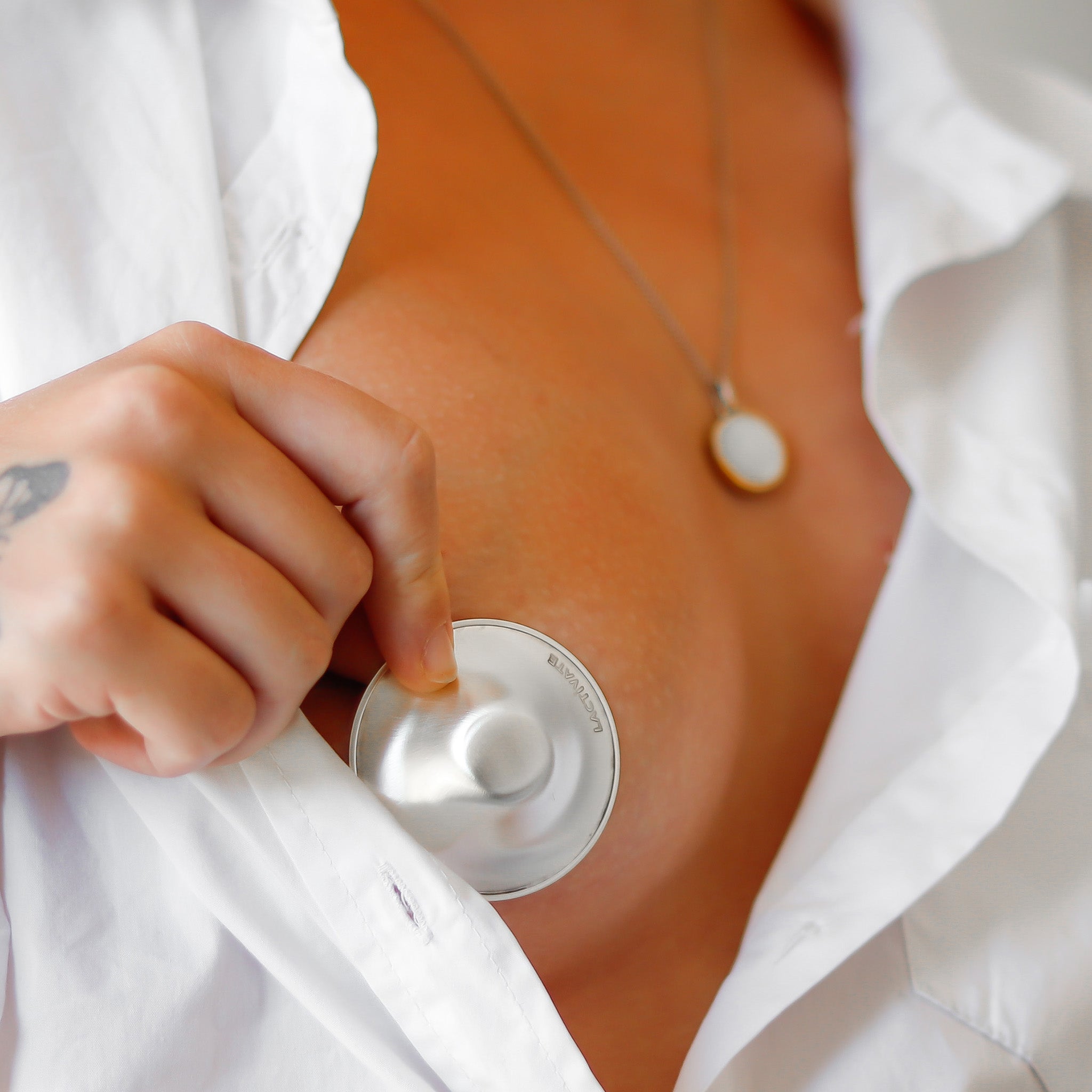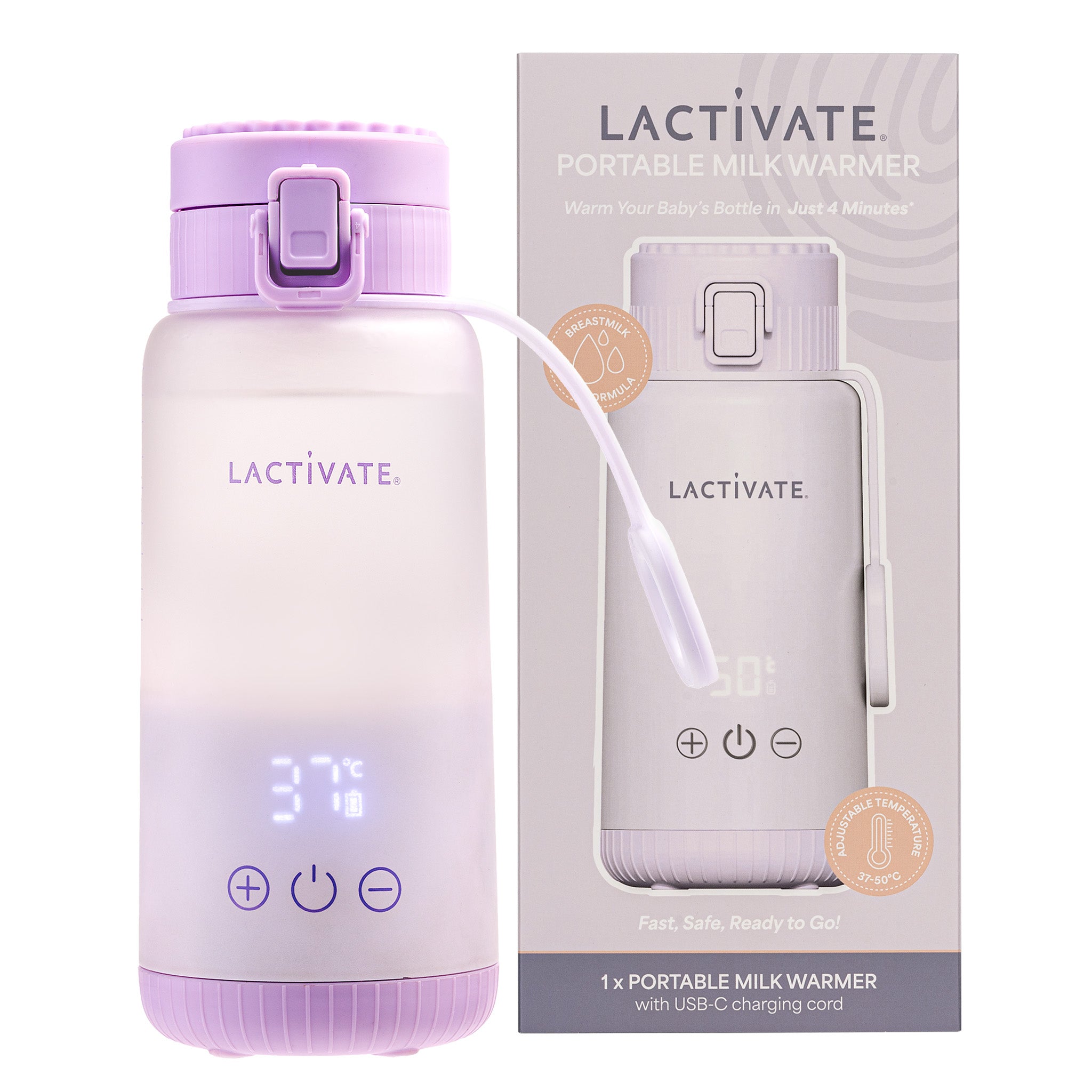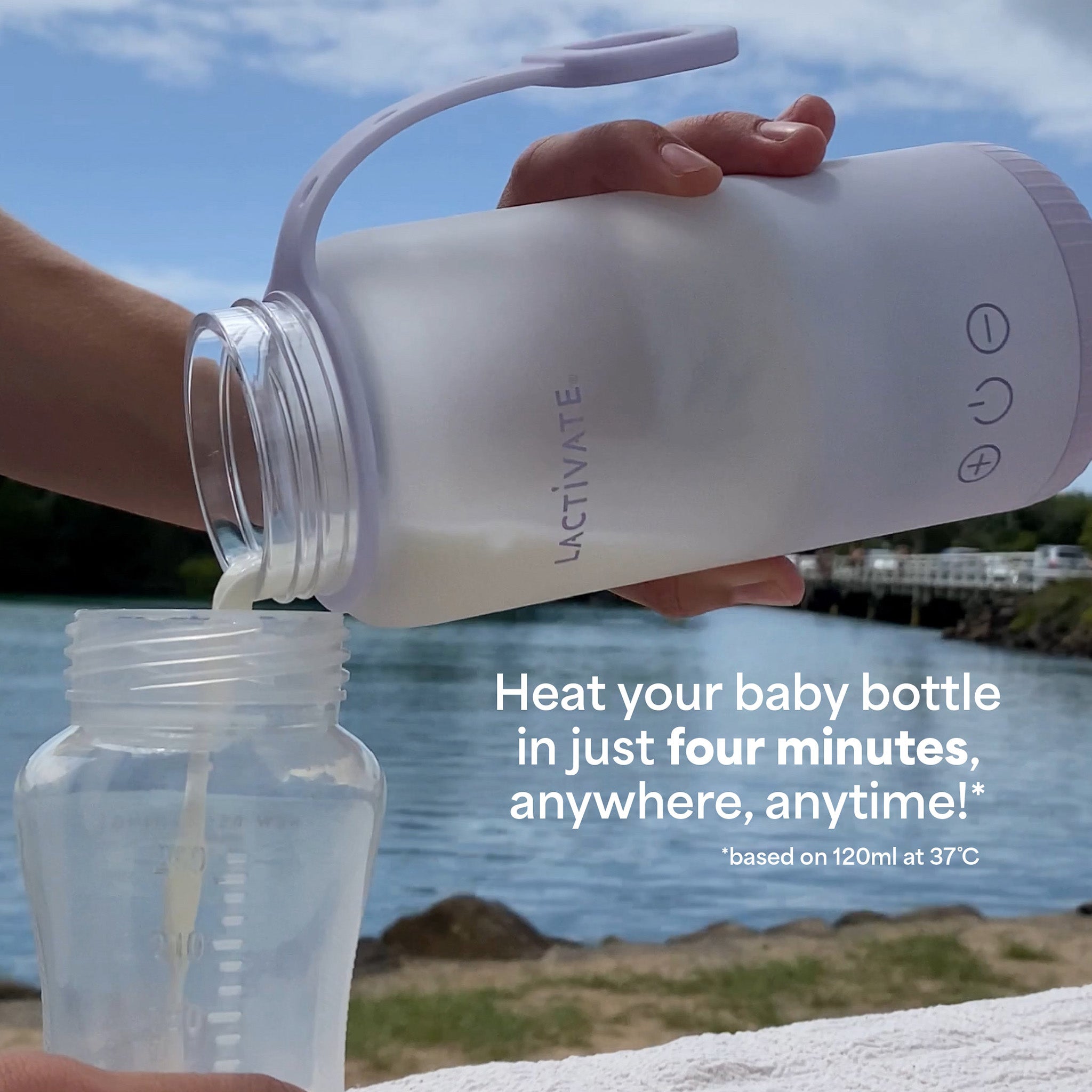“Has your baby started XYZ?” It’s one of the main questions new mamas get asked in the first weeks, months (and sometimes years) after birth. Whether it’s smiling or sitting up, solids or sleep, developmental milestones get plenty of, well, mileage.
So, what can you expect from your bub? Let’s take a look at common milestones from birth to 12 months. Before we dive in however, it’s important to note that all babies and toddlers will develop at their own pace. Some will hit some milestones early; others bang on the ‘recommendation’ and others slightly later. This is all considered completely normal. It’s why there is often a time span or ‘end date’ indicated (i.e. by 3 months your baby should be able to XYZ).
0-3 months
Ahhh the newborn days. The first three months of your bubs life often simultaneously feel like the slowest yet fastest months of your life. The difference between a 3-day old newborn and 3 month old baby is almost mind blowing and it’s often only when looking back that you’ll realise just how quickly your baby has changed. Your typical newborn will typically have very short period of awake time and spend the majority of their time asleep or feeding with a few nappy changes thrown in. By the 3-month mark, bub will have started showing more of their developing personality. Although they’ll still be spending plenty of time snoozing, you’ll also start to notice more eye contact, smiles and even some babbling. When in a supported sitting position, your bub will be able to hold their head up and may attempt to bat at or grab different objects. You’ll also notice more movement in their arms and legs, especially when lying on their back.
4-6 months
As your bub moves towards the halfway point in their lives, you’ll begin to notice a lot more rapid development, especially when it comes to controlling their bodies and movements. By 4 months your bub will likely be able to roll over and some may be well on their way to sitting up without assistance. Grasping and moving objects becomes much easier and they’ll likely want to put EVERYTHING into their mouths. The big smiles will continue as will their interest in the world around them. There are not many things in life more curious than a 6-month-old who has just discovered the joys of their reflection or that they can roll or even crawl to get to an object that they want! By 6 months old, your little one may recognise and respond to certain words, like their name and will communicate by babbling and squealing. You’ll also notice more of an interest in food. Bub may watch you eating intently or reach out to grab foods that are in reach. Typically, solid food is introduced around this age, but breastmilk or formula remain the primary nutrition source till 12 months of age.
7-9 months
Baby on the move! While they may not be fully crawling yet, it’s likely your bub will be able to roll or shuffle around, rock back and forth on all fours and even pull themselves up to a standing position. As they get closer to 9 months, they may start properly crawling and investigating every single part of your home. Baby proofing is a very good idea! You’ll continue to see an interest in food and eating develop though it’s very normal for your little one to still have a preference for milk. By 9 months your baby may be using simple words like ‘mama’ or ‘dada’ and stringing some different sounds together in amongst the babble and squeals. They will have more of an attention span for short, simple games and activities like reading.
10-12 months
The downhill stretch to the first birthday! When you look back at month one versus month 10 your baby will be almost unrecognisable! Your 10-month-old will likely be crawling or possibly even cruising around on foot with the help of some sturdy surfaces. They’ll have mastered some simple words and be able to communicate their needs and wants very clearly. They may also develop some preferences for different foods and toys. As they move towards the 12-month mark, some babies will begin walking. Your typical one year old bub is super busy, moving from one activity or toy to another and leaving a path of destruction in their wake. The cutest of wrecking balls.
What do I do if I have concerns?
As previously mentioned, developmental milestones provide a guide but are not tailored to meet the needs of every baby. If you have noticed that your little one seems to be struggling to meet common milestones or taking longer to get there than you’re comfortable with, it’s always a good idea to speak with your caregiver. This could be an Early Childhood Nurse, GP or paediatrician. They are best placed to discuss any concerns with you and make sure you and bub are on the right track.

